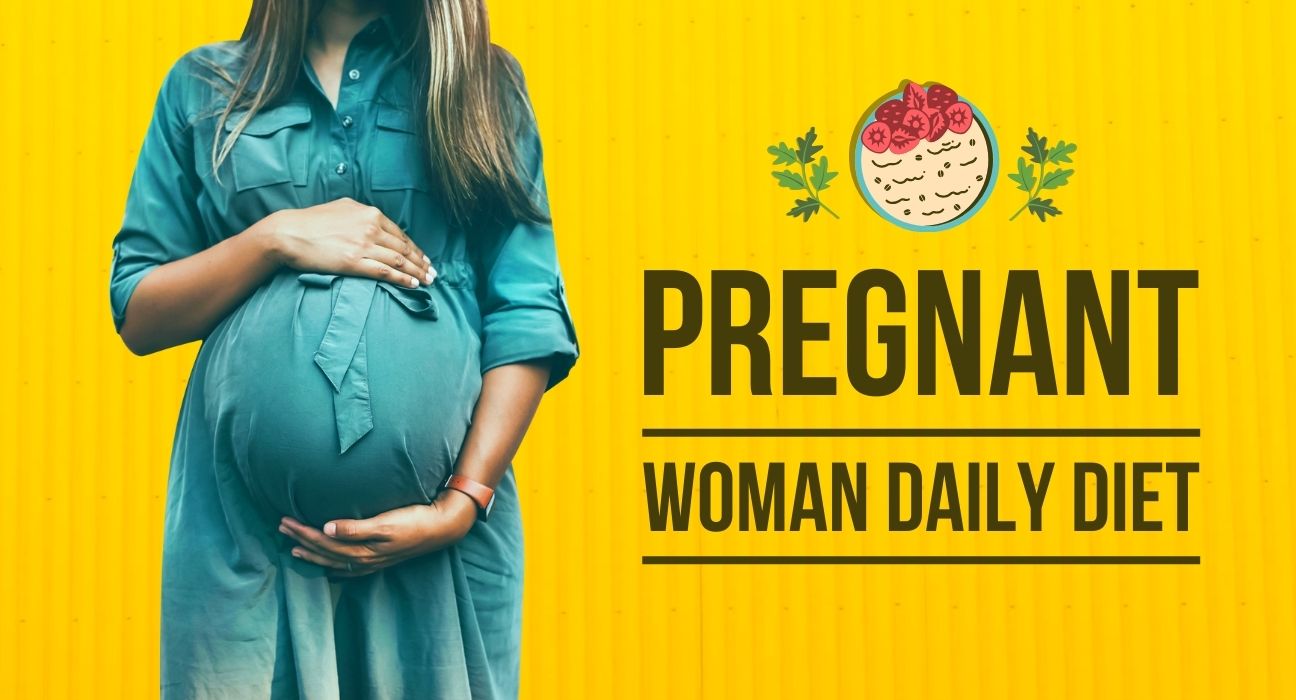An Introduction to Nutrition During Pregnancy
Nutrition during pregnancy is of paramount importance for both mother and baby. A diet rich in essential nutrients supports the baby’s growth and helps maintain the mother’s health. Proper nutrition can ease common pregnancy discomforts and provide the energy needed for the changes the body undergoes. Key nutrients include vitamins, minerals, protein, and healthy fats, all of which play distinct roles in development and wellbeing. By focusing on a balanced diet, expectant mothers can ensure they are providing the best foundation for their baby’s future health.
Vegetables and Leafy Greens
Vegetables and leafy greens are brimming with essential nutrients like vitamin C, vitamin K, and folate, all crucial for a baby’s development. Spinach, kale, and broccoli, in particular, are rich in antioxidants and fibre, aiding digestion and preventing constipation, a common pregnancy issue. Incorporating a variety of colourful vegetables ensures a diverse intake of nutrients, contributing to overall well-being. Leafy greens can be easily added to salads, smoothies, and meals, making them a versatile addition to the diet. Consuming these nutrient-dense foods supports the mother’s health and the baby’s growth, offering benefits like improved digestion and enhanced immune function. Regularly including a mix of these vegetables in daily meals helps meet the increased nutritional demands of pregnancy effectively.
Dairy Products and Their Benefits
Dairy products are rich in calcium and vitamin D, crucial for bone and teeth development in the baby. They also provide protein and B vitamins, which help maintain the mother’s energy levels. Milk, cheese, and yoghurt are excellent choices to meet these nutritional requirements. For those who are lactose intolerant or prefer plant-based options, fortified alternatives like almond or soy milk can serve as suitable substitutes, provided they are enriched with calcium and vitamin D. Incorporating these foods into your daily diet can help ensure you receive essential nutrients during pregnancy.
Sources of Protein
Protein is vital for the development of the baby’s organs and tissues. Lean meats, poultry, fish, eggs, beans, and lentils are excellent choices for meeting daily protein needs. Fish like salmon also provides omega-3 fatty acids, essential for brain development. For vegetarians, sources such as tofu, tempeh, and chickpeas are beneficial. Dairy products, aside from being rich in calcium, also contribute a significant amount of protein. Including a variety of these foods in your meals ensures a balanced intake of necessary nutrients, aiding in both maternal health and the baby’s growth. Be mindful to limit high-mercury fish and focus on lean and plant-based proteins for a well-rounded diet.
The Importance of Whole Grains
Whole grains are an integral part of a nutritious pregnancy diet, providing necessary fibre for digestion and key nutrients like iron, magnesium, and B vitamins. Foods such as brown rice, oats, quinoa, and whole wheat bread are excellent choices that help maintain energy levels and meet the nutritional needs of both mother and baby. Additionally, the fibre content in whole grains aids in preventing constipation, a common concern during pregnancy. Including a variety of these grains in daily meals contributes to a sense of fullness and satisfaction, making it easier to manage weight gain. These benefits make whole grains a valuable component of a balanced diet for expectant mothers.
The Benefits of Fruits
Fruits are a wonderful source of vitamins, minerals, and antioxidants, making them an essential part of a pregnancy diet. They can help boost the immune system and support overall health. Vitamin C-rich fruits such as oranges and strawberries are excellent as they aid in iron absorption. Potassium-rich options like bananas and avocados help manage blood pressure levels. Consuming a variety of fruits ensures a broad spectrum of nutrients, which is crucial for both the mother and baby. However, it’s important to be mindful of portion sizes due to their natural sugar content. Fresh, frozen, or dried fruits can all be included to add diversity and flavour to your meals.
The Significance of Healthy Fats
Healthy fats are essential for the development of the baby’s brain and eyes. Omega-3 fatty acids, found in foods like salmon, walnuts, and flaxseeds, play a vital role in this process. These fats also aid in the absorption of fat-soluble vitamins such as A, D, E, and K. Avocados, nuts, seeds, and olive oil are excellent sources of beneficial fats and can be easily incorporated into a variety of meals and snacks. Including a moderate amount of healthy fats in your diet can provide long-term health benefits for both mother and baby. Opt for foods that are naturally rich in these fats to ensure you are meeting your nutritional needs without unnecessary additives or unhealthy trans fats.
Achieving a nutritious diet during pregnancy involves including a variety of food groups that contribute to both maternal health and the baby’s development. Vegetables and leafy greens provide essential vitamins and antioxidants, supporting digestion and overall well-being. Dairy products offer vital calcium and vitamin D, while also supplying protein and B vitamins for sustained energy levels. Incorporating lean meats, fish, beans, and lentils ensures adequate protein intake, crucial for the baby’s organ and tissue development.Whole grains are key for providing fibre and essential nutrients such as iron and magnesium, which help maintain energy levels and prevent common issues like constipation. Fruits, with their rich array of vitamins and minerals, boost the immune system and support health in various ways. Healthy fats, particularly those rich in omega-3 fatty acids, contribute significantly to the baby’s brain and eye development, as well as aiding in the absorption of fat-soluble vitamins.Variety and balance are central to meeting the increased nutritional demands of pregnancy. Opting for a wide range of nutrient-dense foods can help manage weight gain, support digestion, and ensure a steady supply of essential nutrients. Consulting with a healthcare provider or nutritionist can offer personalised guidance tailored to individual dietary needs and preferences, ensuring both mother and baby thrive during this crucial period. By making informed and balanced food choices, expectant mothers can lay a strong nutritional foundation, fostering the best possible outcomes for themselves and their babies.








Leave feedback about this